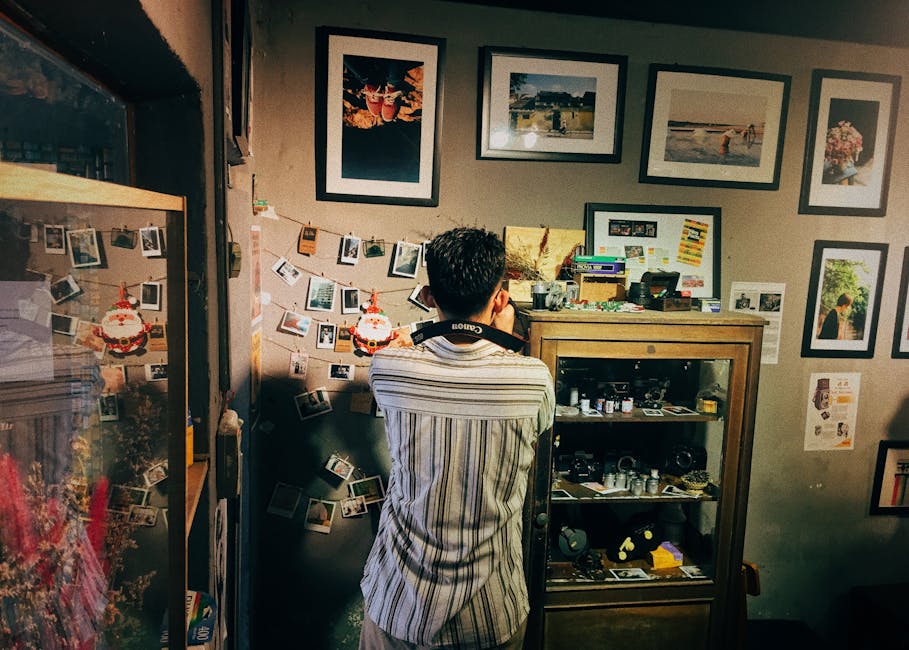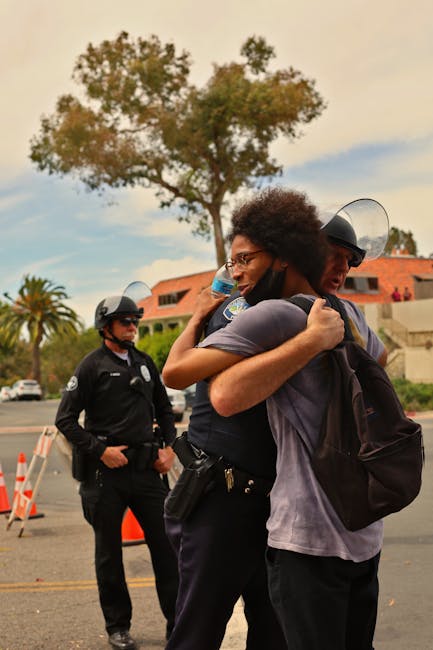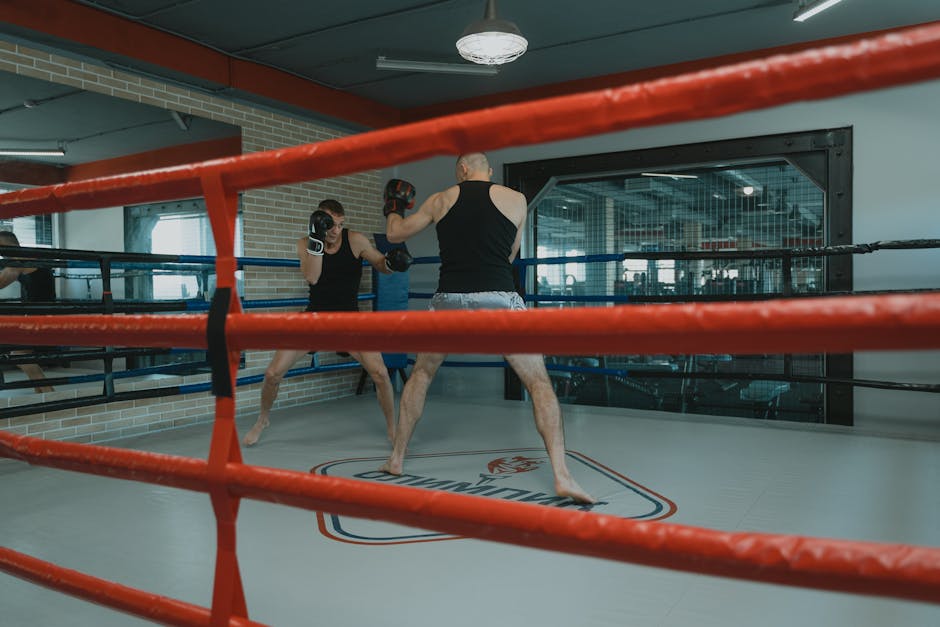A Titan of Photojournalism Reflects
There are legends, and then there is Don McCullin. At 88, the British photographer is a titan of his field, a man whose name is synonymous with the unvarnished, brutal truth of conflict. His images have not just documented history; they have seared themselves onto our collective conscience. So, when a man of his stature reflects on his life’s work with the words, “It’s been a cesspit, really, my life,” the world is forced to stop and listen.
This startlingly bleak self-assessment comes as McCullin revisits 19 of his most significant photographs for a new retrospective. For us, they are masterworks of photojournalism. For him, they are ghosts.
Why a ‘Cesspit’? The Brutal Honesty of a War Photographer
“Cesspit” is a shocking word, but perhaps the only one that fits. Don McCullin wasn’t a detached observer clicking a shutter from a safe distance. He was in the trenches, breathing the same air thick with fear and cordite as the soldiers he photographed. He was wounded in Cambodia, imprisoned in Uganda, and expelled from Vietnam. His life has been a relentless pilgrimage through suffering, and each photograph was paid for with a piece of his own soul.
These 19 chosen images are not just pictures; they are windows into the darkest corners of the human experience, from the muddy battlefields of Vietnam to the sectarian violence of Northern Ireland.
The Moral Weight of a ‘Great’ Photograph
What makes McCullin’s reflection so powerful is his refusal to romanticise his role as a war photographer. He sees no glory in what he has done. Instead, he speaks of the profound moral weight of his profession—the inherent paradox of creating a “great” or “beautiful” image out of someone else’s absolute agony. He has often talked about being haunted by the faces of those he photographed, especially the haunted eyes of a shell-shocked US Marine in Hue and the skeletal frames of starving children in Biafra.
He felt an unending responsibility for the moments of pain he captured and brought home to the comfortable breakfast tables of the Western world.
Beyond the Battlefield: Documenting Poverty in Britain
This retrospective isn’t just about war zones in faraway lands. It also includes his profound work documenting poverty and the forgotten communities in his own country. His stark, black-and-white portraits of the homeless and working-class families in London’s East End in the 1970s are a testament to his unwavering focus on human struggle, wherever it may be found.
For McCullin, the enemy wasn’t just a foreign army; it was injustice, poverty, and the indifference that allows suffering to fester, whether in a war-torn village or a neglected city street.
A Legacy Paid For in Soul
The 19 images in this collection represent the pinnacle of photographic art, but hearing Don McCullin speak about them strips away any veneer of artistic appreciation. He forces us to confront the reality behind the composition and the light. We are not just viewers; we become witnesses.
In calling his life a “cesspit,” Don McCullin isn’t asking for pity. He is delivering a final, devastating verdict on the world he has so faithfully documented for over six decades. His legacy is a tapestry of powerful, unforgettable images. But his testimony reminds us of the terrible human cost of that legacy—a cost paid not only by the subjects of his photographs, but by the man who dared to look when the rest of us turned away.




